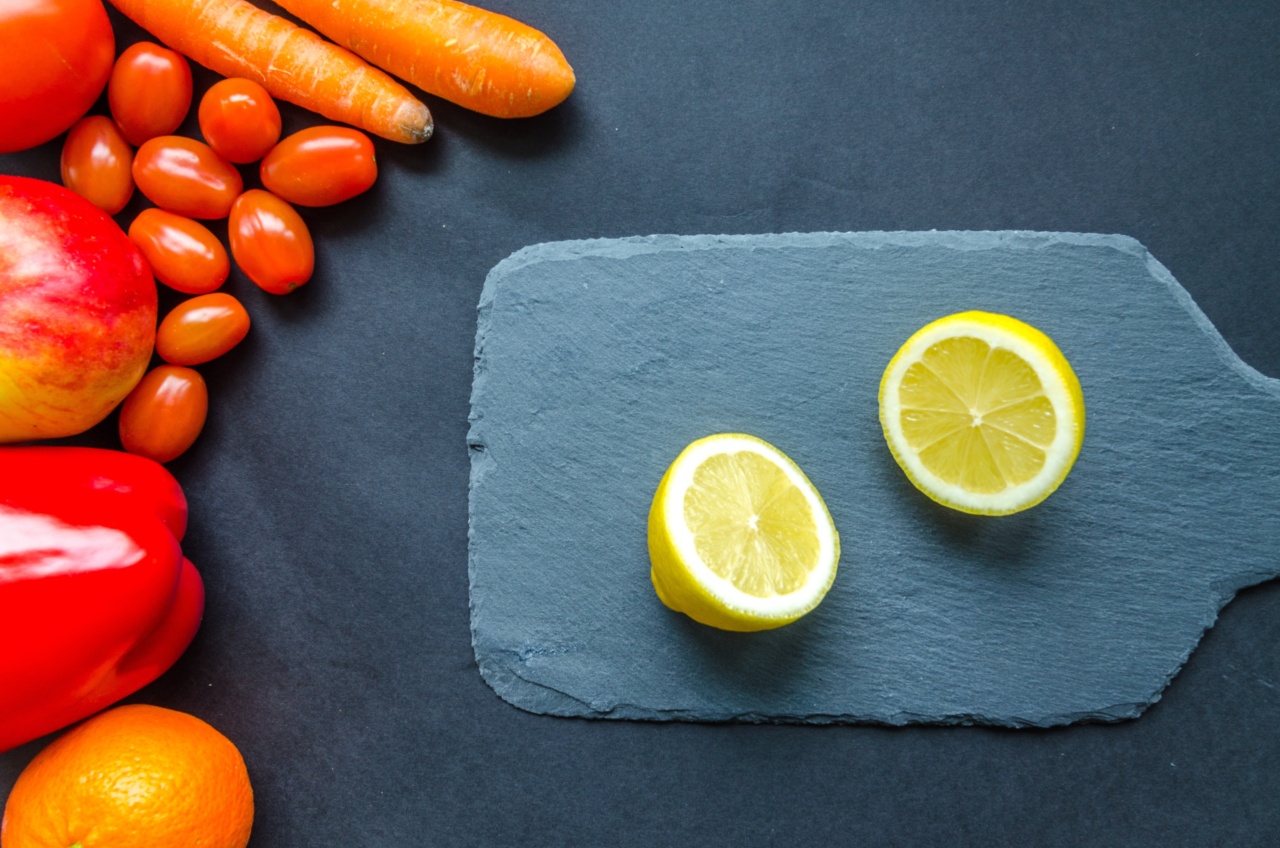IBS (Irritable bowel syndrome) is a chronic gastrointestinal disorder. It affects millions of people all over the world. The symptoms can range from mild to severe, and they can significantly affect the quality of life of the patient.
While the causes of IBS are not entirely understood, people who suffer from IBS often find relief in controlling their diet.
Here are the top 20 diet guidelines for IBS patients that you should consider:.
1. Eat Smaller, Frequent Meals
Instead of having three large meals in a day, eat smaller meals throughout the day. This will prevent the digestive system from being overburdened and will reduce the chances of painful and uncomfortable symptoms.
2. Avoid Large Amounts of High-Fiber Food
Huge amounts of high-fiber foods can worsen the symptoms of IBS. It is advisable to consume high-fiber foods in smaller proportions throughout the day to avoid any discomfort or digestive issues.
3. Focus on Soluble Fiber Foods
Soluble fiber can help alleviate IBS symptoms such as diarrhea, bloating, and constipation. Consume foods such as oats, barley, rice, and potatoes to promote digestive health.
4. Probiotics
Studies have shown that probiotics can significantly improve the symptoms of IBS. Probiotics are live microorganisms that provide benefits for the host. Consume probiotics in the form of yogurt and other fermented foods or supplements.
5. Avoid Gas-Producing Foods
Gas-producing foods such as beans, broccoli, and cabbage can make IBS symptoms worse. It’s best to avoid these foods or consume them in moderate amounts.
6. Low-Fat Foods
Foods that are high in fat can trigger IBS symptoms. It’s advisable to consume low-fat or fat-free dairy products and other low-fat foods.
7. Avoid Spicy Foods
Spices such as chili powder, pepper, and curry powder can cause IBS symptoms such as abdominal pain, bloating, and gas. Avoiding these spices can help prevent these symptoms.
8. Limit Caffeine Intake
Caffeine can cause bloating and diarrhea, two common IBS symptoms. It’s advisable to reduce caffeine intake in the form of tea, coffee, and energy drinks.
9. Drink Plenty of Water
Drinking enough water can help prevent constipation and relieve other IBS symptoms. Drinking plenty of water can help keep the digestive system healthy.
10. Limit Alcohol Consumption
Alcohol can irritate the digestive system and worsen IBS symptoms. It’s best to limit or avoid alcohol consumption altogether.
11. Avoid Sweeteners
Artificial sweeteners such as sorbitol, xylitol, malitol, and mannitol can cause diarrhea, bloating, and gas. Avoiding these sweeteners can help reduce these symptoms.
12. Gluten-Free Diet
A gluten-free diet can significantly improve the symptoms of IBS for people with gluten intolerance. It’s advisable to get tested for gluten sensitivity before making significant dietary changes.
13. Lactose-Free Diet
Lactose-free diets can help alleviate IBS symptoms such as diarrhea, bloating, and gas. It’s best to have a test to check for lactose intolerance before making dietary changes.
14. Fermented Foods
Fermented foods are rich in probiotics. They can improve digestive health and alleviate IBS symptoms. Foods such as kefir, sauerkraut, and kimchi are excellent sources of fermented foods.
15. Omega-3 Fatty Acids
Omega-3 fatty acids can help reduce inflammation in the digestive system and improve IBS symptoms. Foods such as fatty fish, flaxseed, and walnuts are great sources of omega-3 fatty acids.
16. Vitamin D
Studies have shown that vitamin D can help alleviate IBS symptoms such as abdominal pain and bloating. It’s best to get vitamin D from natural sources such as sunlight, eggs, and fortified foods.
17. Aromatic Herbs
Aromatic herbs such as peppermint, ginger, and fennel can help relieve IBS symptoms such as abdominal pain, bloating, and gas. Consuming these herbs in the form of tea or adding them to meals can be very helpful.
18. Low-FODMAP Diet
The low-FODMAP diet can significantly reduce IBS symptoms. This diet involves avoiding foods that are high in FODMAPs, which are short-chain carbohydrates that are not well absorbed in the small intestine.
Foods such as wheat, onions, and garlic are high in FODMAPs.
19. Food Diary
Keeping a food diary can help identify trigger foods that worsen IBS symptoms. Keeping track of what you eat and how your body reacts to it can help identify problem foods. This can help make dietary changes that will alleviate symptoms.
20. Consult a Dietician
Consulting a dietician can be very helpful in making dietary changes that can alleviate IBS symptoms. A dietician can recommend appropriate dietary changes, suggest foods to avoid, and help form a customized meal plan that will be beneficial for you.
These top 20 diet guidelines for IBS patients can significantly improve the quality of life of those who suffer from IBS. By making simple dietary changes and following healthy eating habits, IBS symptoms can be reduced to a great extent.































